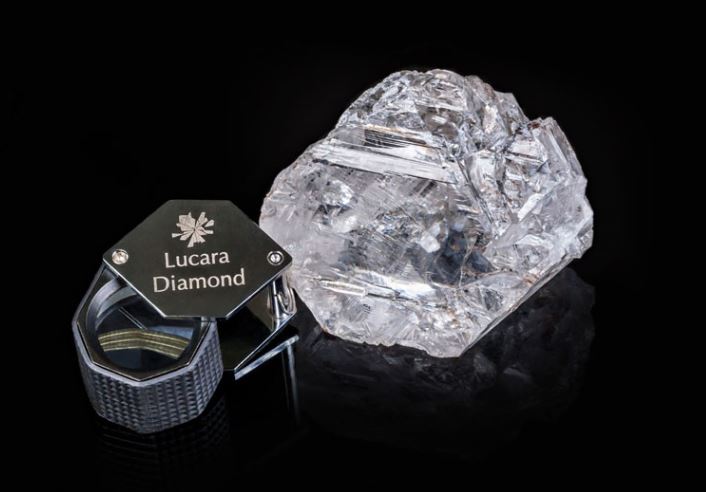The World of Luxury Jewelry: A Celebration of Elegance and Craftsmanship
Luxury jewelry is more than just adornment; it represents a unique blend of artistry, heritage, and personal expression. From the dazzling brilliance of diamonds to the intricate designs of bespoke pieces, luxury jewelry captures the essence of beauty and batu permata sophistication. This article explores the allure of luxury jewelry, its historical significance, craftsmanship, and current trends.
A Rich History of Elegance
The history of luxury jewelry spans thousands of years, tracing back to ancient civilizations. The Egyptians adorned their pharaohs with exquisite gold and gemstone pieces, symbolizing power and divinity. Meanwhile, ancient Greeks and Romans showcased intricate designs that highlighted their craftsmanship and artistry.
Throughout history, jewelry has evolved, reflecting cultural shifts and technological advancements. The Renaissance brought forth master jewelers who began to innovate, paving the way for iconic luxury brands that we recognize today, such as Cartier, Tiffany & Co., and Bulgari.
Masterful Craftsmanship
At the heart of luxury jewelry lies unparalleled craftsmanship. Each piece is often handcrafted by skilled artisans who dedicate countless hours to perfecting every detail. The journey begins with the careful selection of materials—precious metals like gold, platinum, and silver, and gemstones that are valued for their rarity and beauty.
Gemstone Selection
The quality of gemstones is paramount in luxury jewelry. Jewelers meticulously evaluate color, clarity, cut, and carat weight to ensure that each stone is of the highest standard. Rare gemstones, such as pink diamonds or vivid sapphires, often command premium prices and are sought after by collectors and enthusiasts alike.
Design Innovations
Design is where creativity shines. Luxury jewelry designers draw inspiration from various sources, including nature, art, and cultural heritage. Many use traditional techniques like hand engraving and filigree alongside modern technologies, creating pieces that are both timeless and contemporary.
The Ethical Shift
In recent years, there has been a growing awareness of ethical sourcing within the luxury jewelry industry. Consumers are increasingly concerned about the origins of the materials used in their jewelry. Brands are responding by adopting sustainable practices, such as sourcing conflict-free diamonds and using recycled metals. This shift not only enhances the appeal of luxury jewelry but also aligns with the values of conscious consumers.
Current Trends in Luxury Jewelry
The luxury jewelry market continues to evolve, influenced by changing tastes and cultural trends. Some notable trends include:
1. Customization and Personalization
Today’s consumers are gravitating towards bespoke jewelry that reflects their individuality. Custom pieces, from personalized engravings to unique gemstone combinations, allow wearers to express their personal stories and style.
2. Vintage and Antique Styles
There is a resurgence of interest in vintage and antique jewelry, with many collectors seeking pieces that carry history and character. Art Deco and Victorian styles, known for their intricate details, are particularly in vogue.
3. Bold Colors and Unique Materials
While traditional gemstones remain popular, many luxury brands are experimenting with vibrant colors and unconventional materials. Pieces featuring gemstones like turquoise, citrine, and labradorite are gaining traction, appealing to those looking for something distinctive.
Conclusion
Luxury jewelry stands as a testament to human creativity, craftsmanship, and history. It embodies not only aesthetic beauty but also the emotions and stories of the individuals who wear it. As the industry evolves, embracing sustainability and innovation, luxury jewelry continues to captivate hearts, ensuring its place as a cherished form of expression for generations to come. Whether for special occasions or everyday elegance, luxury jewelry remains a timeless investment in beauty and